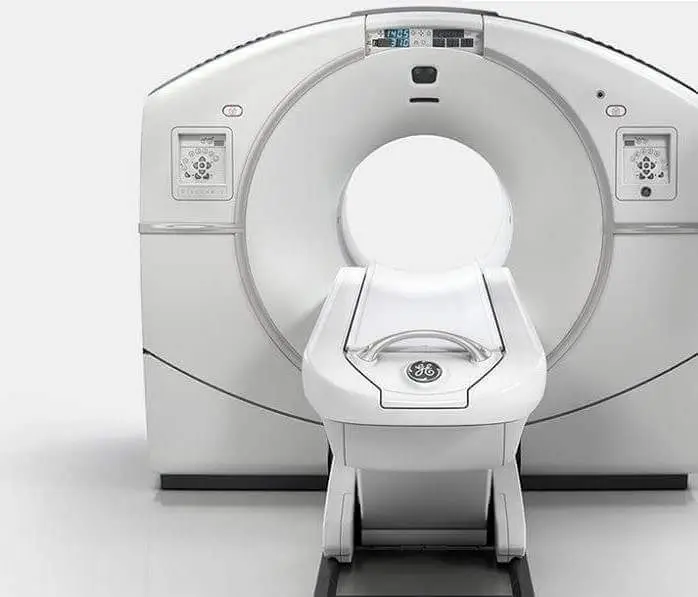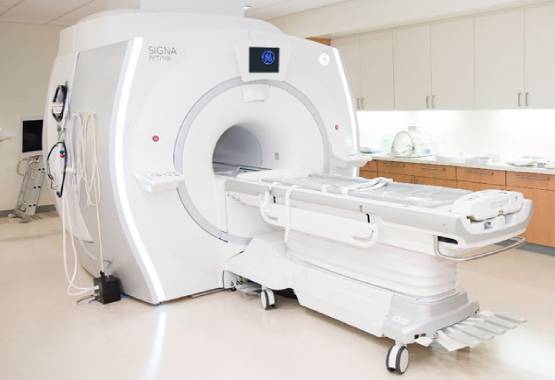Best Diagnostic Center in Chandigarh for All Medical Imaging Needs
As the leading diagnostic imaging center in Chandigarh, we provide comprehensive radiology services including MRI, CT Scan, PET-CT, Ultrasound, X-ray, Echocardiography, ECG, and EEG. Our state-of-the-art facilities are equipped with the latest diagnostic technology to deliver accurate results for patients across Chandigarh, Mohali, and Panchkula.
Why Choose Our Diagnostic Services in Chandigarh?
- Advanced technology with 1.5T and 3.0T MRI scanners
- Most affordable rates for all diagnostic tests in Chandigarh Tricity
- Same-day reporting by specialized radiologists
- Conveniently located centers across Chandigarh
- Complimentary pick and drop services for patients
- Open 7 days a week including holidays
Visit our centers in Sector 34, Sector 22, or Sector 17 Chandigarh for the best diagnostic experience. Book your appointment today for high-quality, affordable diagnostic services in Chandigarh.
Which Scan Is Better for the Brain? Well, your doctor is the one who can tell you which scan is better for the brain for your case, and it may vary from person to person. However, medical experts recognize MRI or Magnetic Resonance Imaging as the gold-standard method for brain diagnosis.
Overview:
Perhaps, MRI is the scanning modality today that can create a precise image of the various soft tissues in your brain and detect the existing anomaly. Your doctor may pick this scan for different reasons. Do you want to know them all?
Do you want to know why an MRI lay is considered better than an X-ray or Brain CT? What is an MRI, and how accurate is it? Or why your doctor recommends some other scan instead of an MRI?
If so, continue reading this article!
What Is A Brain MRI and How Is It Better than Other Imagining Tests?
A Brain MRI is the process in which magnets and radio waves lay combined to screen your brain structure in detail. It is a non-invasive process. You do not require a hospital stay to pursue this scan. Typically, a brain MRI takes 30 minutes minimum and can go up to 90 minutes.
A Brain MRI is available in hospitals, clinics, and diagnostic centers. A radiology team assists you during the scan. First, you have to lie down on a moveable table. The table slides into a tube-shaped machine where the scanning process takes place. In order to enhance the image clarity, your radiologist may use contrast dye. So, it stands essential to discuss with your doctor the allergies you have. Or medications you take before this scan!
- An MRI is safer than other imaging tests like CT scans or X-rays. It does not entail any radiation. Therefore, it leaves no room for health complications.
- It can look into the soft tissues with greater precision, thereby facilitating the diagnosis of brain diseases at their early stage.
- It is the test that helps doctors extract a 3D cross-sectional display that helps doctors plan a brain surgery or biopsy.
- A Brain MRI can also provide valuable information on your optical system, spinal cord, and the back side of your brain, which isn’t otherwise possible to get via an X-ray or CT scan.
So, when it comes to the question of which scan is better for the brain, doctors prefer MRI over other imaging tests.
When Do Doctors Recommend a Brain MRI and Why?
Do you have severe headaches, confusion, numbness in the body, and a high fever for the last few days? Or is it extreme fatigue and nausea alongside episodes of seizure that bother you?
Are you experiencing vision or speaking difficulties? Does this gets accompanied by headaches in the morning and muscle weakness? Do you think that you cannot hear properly? Or maybe you immediately get a headache while you cough or sneeze?
All these are red alerts of brain diseases, and it’s plausible for your doctor to order a brain MRI. Multiple conditions cause such symptoms. Your doctor seeks to see which one it is!
Is it a –
- Brain Tumors and Cancer, their shape, size, type, location, and stage,
- Brain Injuries, including those caused by acute trauma,
- Cysts, Infections, Inflammation in the soft tissues,
- White Matter Diseases,
- Abnormalities in the Blood Vessels of your Brain,
- Blocked Arteries or Veins,
- Hemorrhage, Stroke, Aneurysms,
- Nerve Damage,
- Dementia, Parkinson’s, Alzheimer’s,
- Excess Fluid Buildup in your brain, the condition called Hydrocephalus,
- Multiple Sclerosis, a progressive auto-immune disease affecting your central nervous system,
- Spinal Cord Disorders, such as Herniated Discs, Abscesses, etc.,
- Optic Nerve Damage,
- Inner Ear Anomalies,
- Chronic & Persistent Headaches caused by Depression, or
- Pituitary Gland Problems?
MRI is mostly accurate in diagnosing these!
How Accurate Is A Brain MRI?
In recent times, MRI stands as the most sensitive and specific imaging test for your brain. That is precisely why doctors choose MRI when emphasizing which scan is better for the brain.
- The National Center for Biotechnology Information (NCBI) states that an MRI is 87% accurate in diagnosing intra-axial gliomas, i.e., brain tumors starting from the neuron-supporting glial cells.
- In fact, many studies highlight that an MRI is 99.57% accurate in classifying meningioma, a category of tumor originating in the meninges tissue. Its accuracy rate for identifying pituitary tumors stands at 99.67%.
- The Journal of Clinical Oncology shows that an MRI holds a 66% accuracy in identifying and evaluating cancerous growth at its early stage.
- NCBI also notes that an MRI reserves 94% sensitivity in detecting multiple sclerosis within the first year of an attack.
- Researches show that technical advances in MRI modality today offer over 70% accuracy in detecting white matter lesions, the early sign of dementia.
- Studies reveal that in 60 to 85% of brain aneurysm cases, an MRI is correct in diagnosis and evaluation!
When Do Doctors Prefer Another Imagining Test Over An MRI?
Despite the proven efficiency of MRI in diagnosing brain diseases, your doctor may opt for other imaging tests, like a CT scan, PET or Positron Emission Tomography Scan, EEG or Electroencephalogram, and more!
Of course, such a decision has certain reasons behind it. And your doctor shall vividly discuss it with you.
- If you have metallic implants in the body, whether a cochlear implant, pacemaker, metallic joint plates, or cardioverter defibrillators, an MRI is not suitable for you! It can tamper with the test results and also bring physical injuries due to the magnetic pull. That is why your doctor may opt for another scan.
- If and when your doctor needs to check the metabolic activities in your brain’s cellular level, your doctor may ask for a PET scan. It is to see a traumatic brain injury or stage of dementia.
- MRIs are too expensive and not easily accessible everywhere. So, your doctor may go for a CT scan. In this case, your doctor mostly likely predicts that you have a blood clot, torn ligaments, or other structural deformities that get easily detected via a CT scan.
Last Words
So, can you now understand why and when MRI seems the most significant answer to which scan is better for the brain and why and when it does not? I hope you can! If you have more queries about a brain scan, you are free to leave us a message at [email protected].
You can call us for More Information, at 8699572364
Follow us on Social Pages: mrichandigarh
Instagram: Mri Chandigarh
Tweet: Mri Chandigarh
Linked In: Mri Chandigarh






